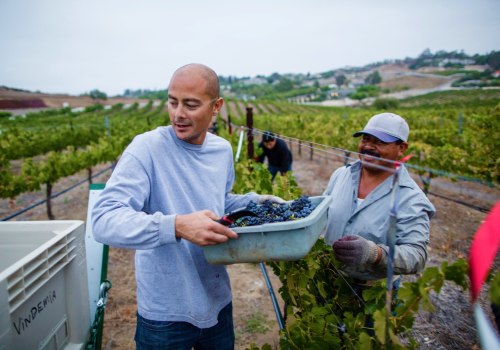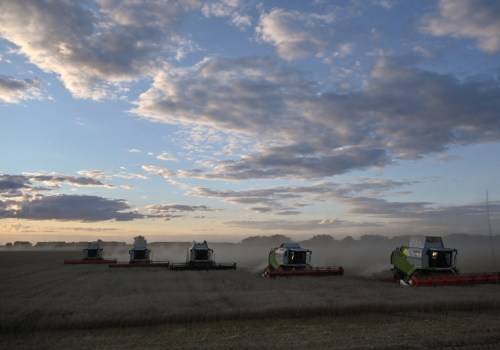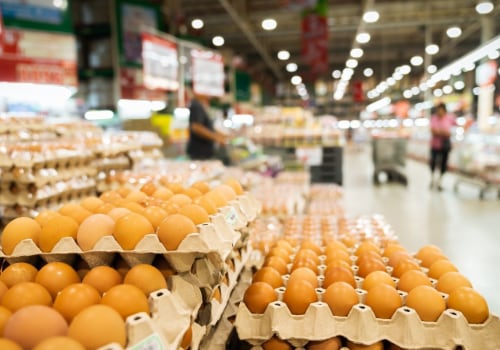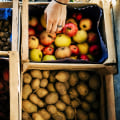Every household needs an emergency supply of non-perishable and non-perishable food. It's part of any sensible emergency preparedness plan. Water is precious and, although the coronavirus has had no impact on water supply, the Centers for Disease Control and Prevention (CDC) recommends that households always have a 14-day supply of water on hand in case of emergency. Water is necessary for taking medications and brushing your teeth, as well as essential for hydration, something non-negotiable for survival.
If you've never used much bleach before, the pandemic has likely changed that. At the beginning of the pandemic, people cleaned their food with a whitening solution with water out of fear that the virus could be transmitted in this way. While contact transmission seems to be the least likely way to spread the virus, if you live with people who work outside the home, it's helpful to use bleach (diluted in water) to clean commonly shared areas, such as door knobs and handles, kitchen countertops, and bathroom accessories and surfaces. If you're planning to stay home for a while, stock up on some of your favorite treats.
As an added benefit, anything primarily made of sugar “never really spoils if it stays dry,” says Kantha Shelke, a food scientist and director of Corvus Blue, a food science and research firm. You want to stock up on foods that are filling, are easy to prepare in a hurry, that are affordable in large quantities and that provide nutrients, vitamins and fiber, nutrition expert Samantha Cassetty told Business Insider. Although these items are not in short supply, you should stock up on these evergreen preparation products every year. And finally, if it's within your budget, it's never a bad idea to stock up on PaleoValley meat sticks, which are completely stable and easy to transport, as well as being nutrient-rich and grass-fed.
You don't need a year's supply of toilet paper to survive an outbreak, but consider stocking up on these items. The food reserve should consist of freeze-dried foods that you do not intend to eat, except in case of emergency. Stocking up on garden seeds early in the year gives you a safety net against food shortages. To withstand that, your home will need a fully stocked pantry full of extra food and other supplies.
So it's worth preparing for supply chain problems by stocking up on food, water, and other emergency supplies. Stock up on non-perishable products to ensure that your home has enough essential items to withstand a prolonged food shortage. Stocking up on something for a year only to have it go bad in a couple of weeks would be a waste of money. Stock up on additional food and medicines for your pets to keep your companions happy, healthy, and well-fed.
So in this list of my top 10 items or categories that I'm personally stocking up on (and I hope you'll overlook it), you'll notice that I give top priority to high-calorie foods, especially from fats and proteins, but also to complex carbohydrates, such as whole grains and legumes. If you think your supplies won't last long enough, January provides you with an opportunity to replenish or increase emergency food.







Leave a Comment